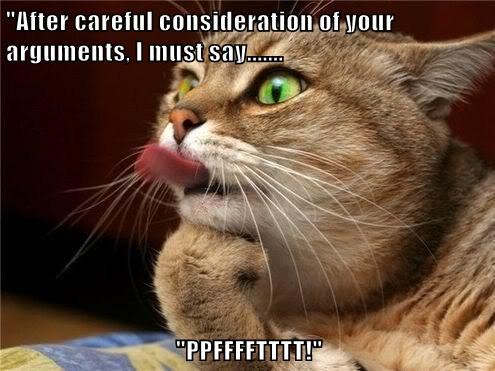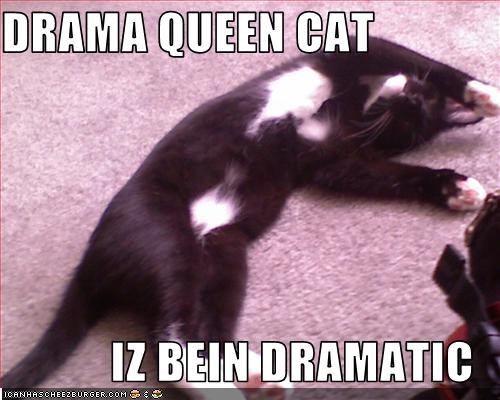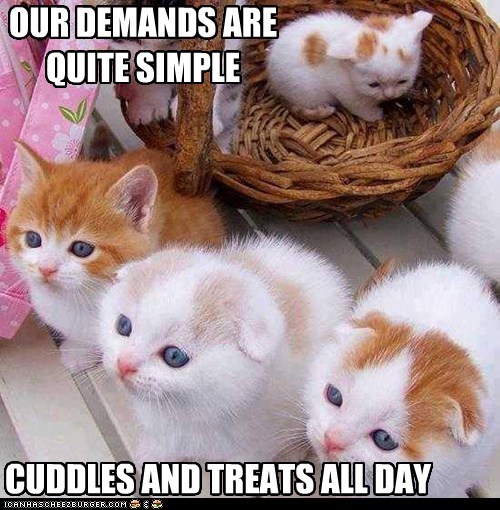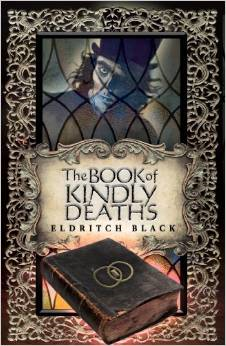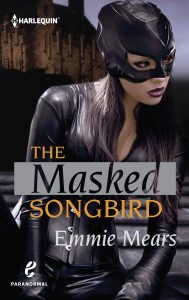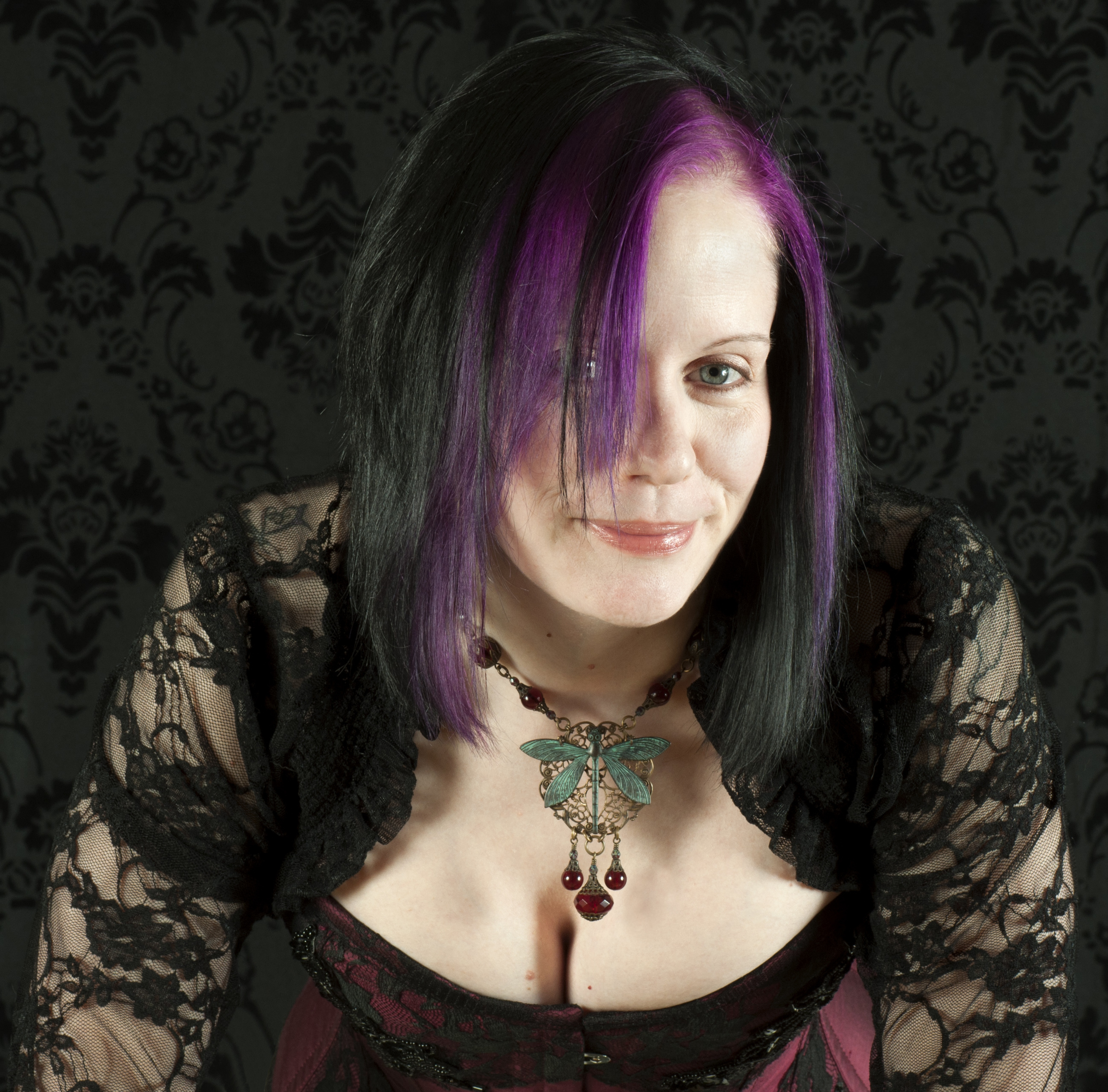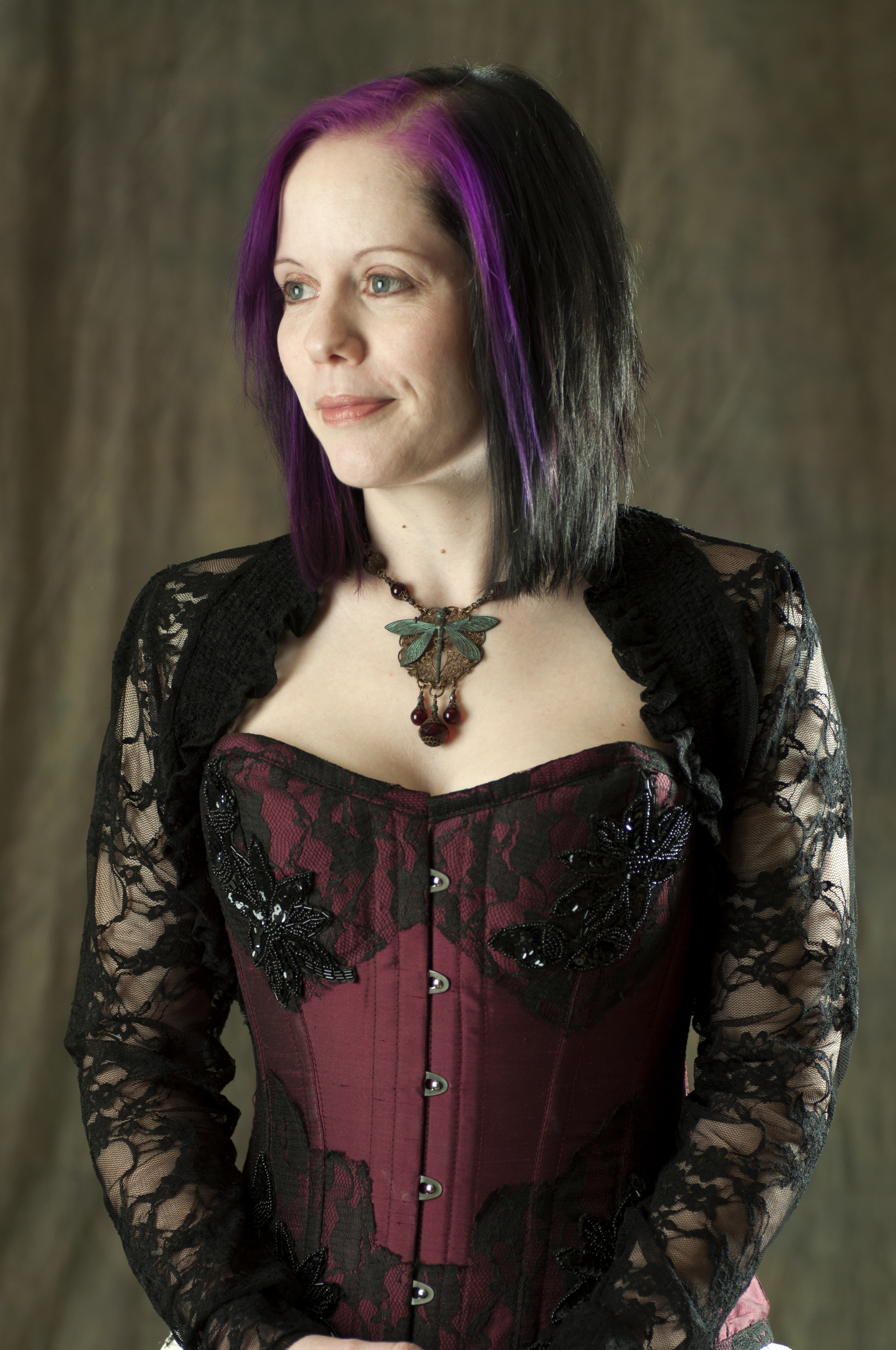If you’re going the traditional route with your novel, finally getting a publisher can feel like winning a war, at least until the editing starts. The editing process can feel like an insurmountable battle, especially with that first book. When you get the first round of edits from the editor at your publishing house, whose vision may or may not match your own, it can be a bit traumatic. You spent months, maybe years, on a work of fiction and now someone else thinks they can jump in overnight and be the new expert on your creation, telling you what does and doesn’t work and how they think you should change things.
It doesn't have to be a battle. In fact, if you start looking at it as a process of negotiation, of give and take with someone who wants your book to succeed almost as much as you do, it can be a lot less stressful and intimidating.
I learned from working with my wondrous beta readers that I should never respond immediately to feedback. I need to step away, tend my bruised ego, and breathe a little. Only then can I pick through the feedback I’ve been given with a practical eye to see what is and isn’t useful. When you get feedback from a professional editor at that publishing house you worked so hard to be accepted by, it feels different. You don’t want to be that author they talk about behind closed doors. The one whose ego is so big they can’t handle feedback and must make a dramatic scene about every change. The one they warn other publishers about.
Here’s the secret. Nothing your editor says is written in stone. You need to be able to recognize where integrating changes from your editor could create an even better story. As the author, you also need to push back on changes you believe will be detrimental to the plot/arc/character development of the story you wrote.
My first round of edits was easy. When I received the second round of edits, I was devastated because I felt like some of the changes they were suggesting would ruin the book. I felt locked in because this was my publisher, not just a beta reader. I was so upset I broke down in tears and talked to my agent to make sure I wasn’t overreacting. She agreed with me and I composed a letter to the editor detailing what changes I thought were good and what changes I wasn't willing to do, even if it meant losing my contract with them. I passed the letter through my agent first to make sure it was reasonable (always get another set of eyes when you are responding to something this emotionally charged) then sent it on to the editor.
Guess what happened then?
I learned a truly valuable lesson. Even with a professional editor, the editing process is a discussion, not one person cracking a whip while the other tearfully obeys. The letter triggered a round of negotiation. Whenever I had a solid explanation for why a change wasn't right for the book, my editor jumped on board with keeping things as they were. Whenever his explanation for why something needed to change made more sense and, in many cases, strengthened the overall story, I happily made those changes. In the end, I didn’t do anything I felt was bad for the story and I discovered that my editor is pretty awesome.
The relationship of author to any editor can and should be one of open discussion. It may seem intimidating at first. They have the experience and market knowledge you may feel you lack as a new author. The one thing they don't have is the intimate understanding of your vision and that is as critical to the success of your book as anything they bring to the table. Don’t feel that you have to make a change because your editor said to. Explain your decisions and negotiate where appropriate. It’s your book. Their goal is to make your book sell, but they aren’t in your head and they don’t know what your vision is. Art is subjective. They can only make decisions based on their understanding of the book as they read it. Sometimes you should change things because those changes will improve the book. Sometimes you have to stand your ground and help them see your vision. The editing process is a conversation and one that can be quite fun if you remember you both have the same goal of making your book the best it can be.
Happy writing!
